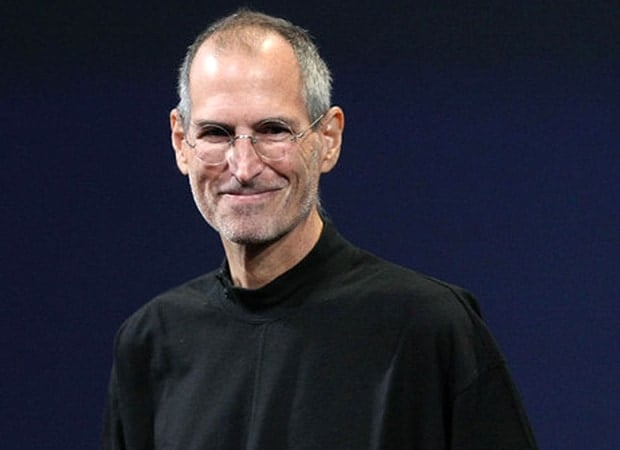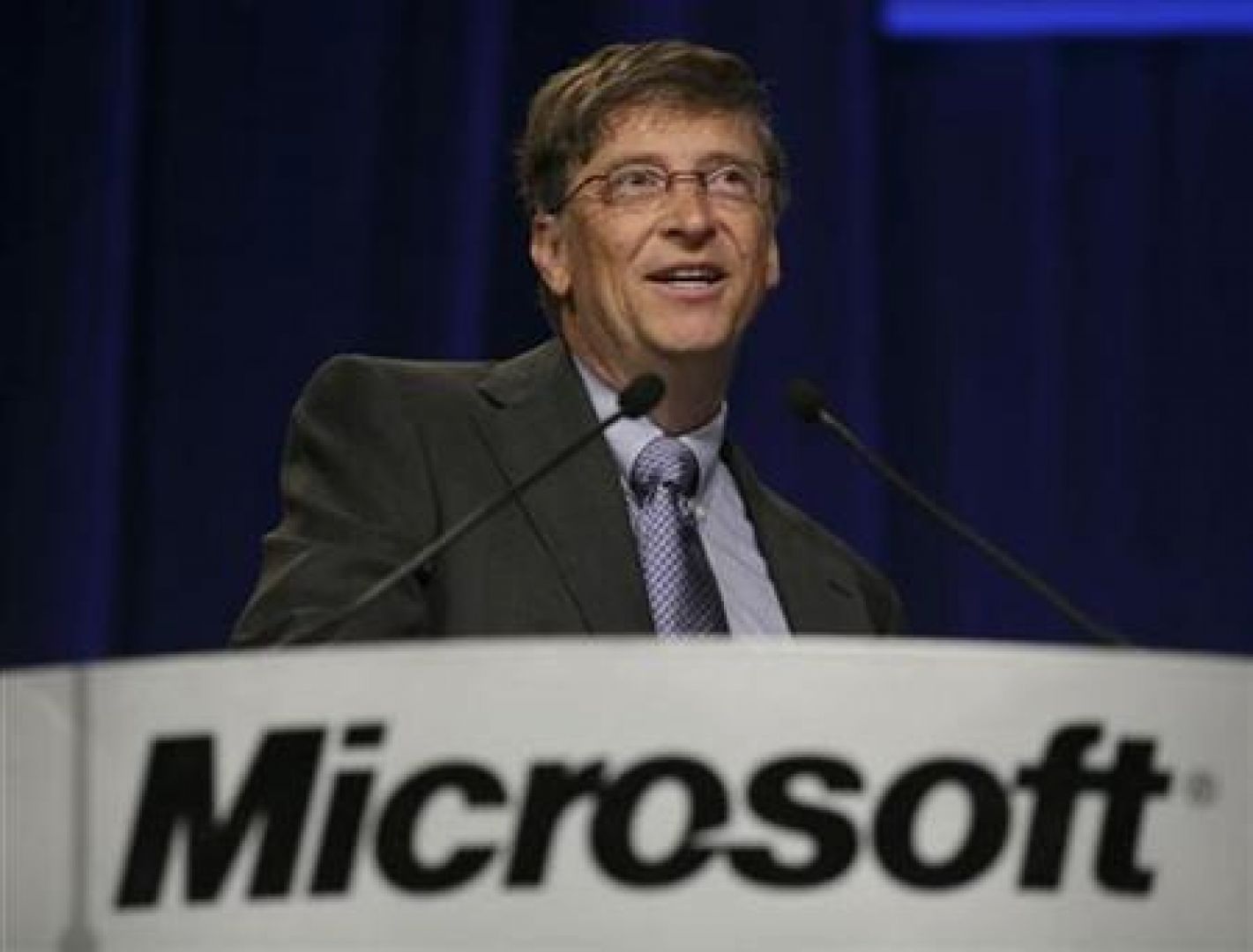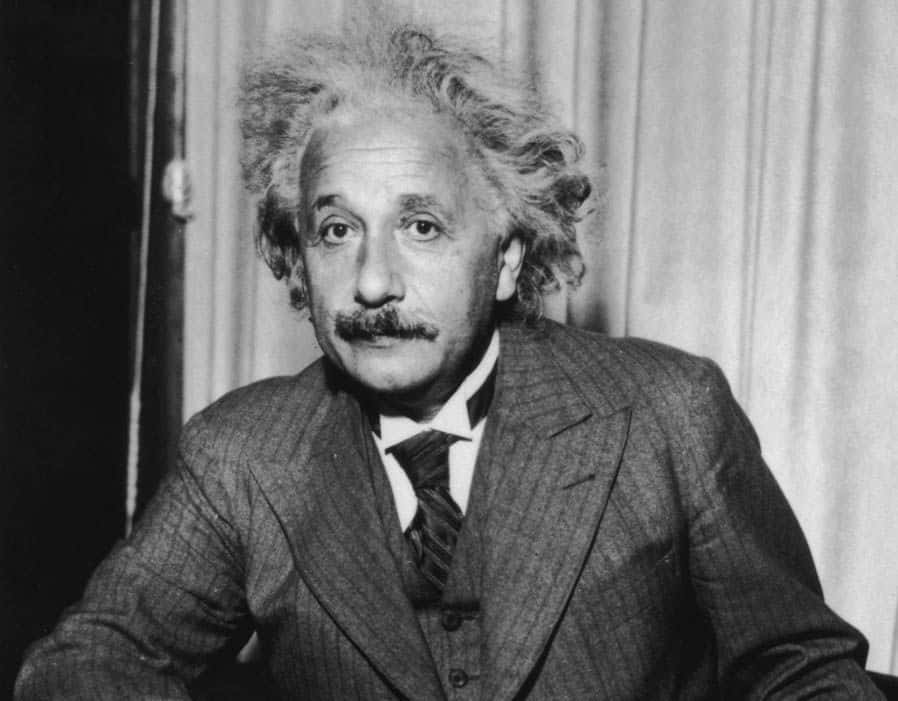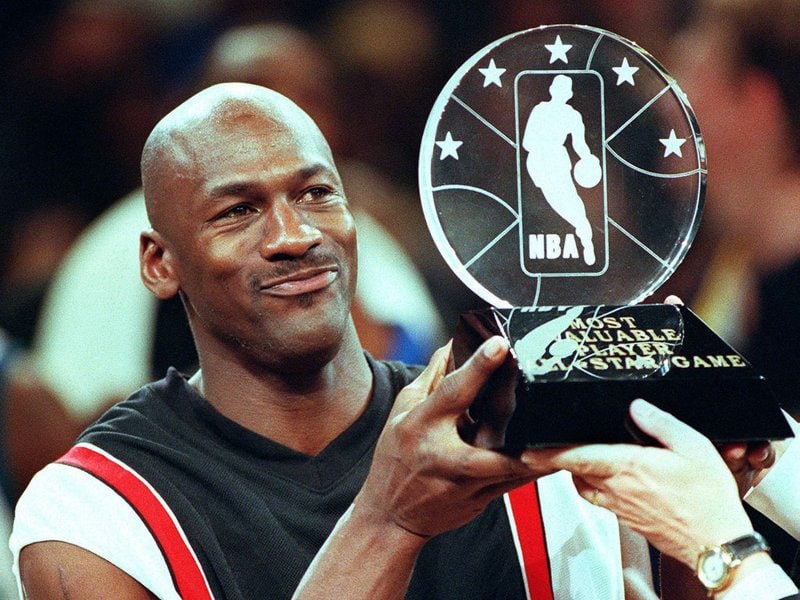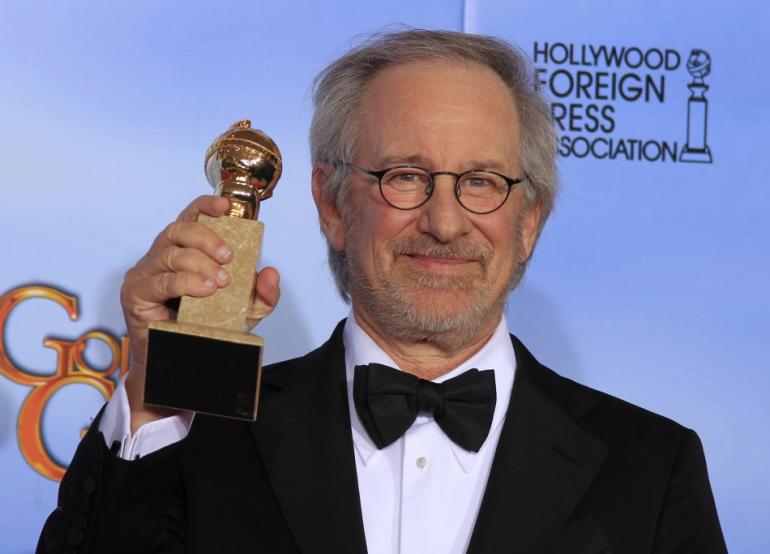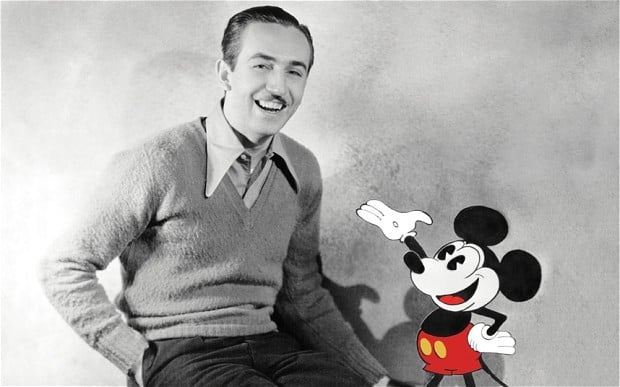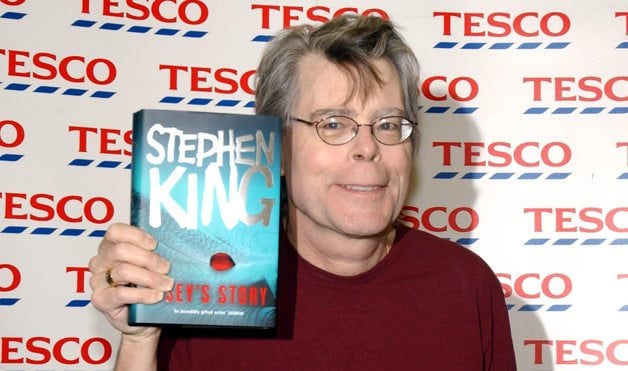While the thought of flinging your hands in the air and walking away is all too appealing, take a second to connect with the people who have been there and survived. In fact, if you have learned some of the famous familures to success stories, you may change your perspective on failure.
10 Famous Failures to Success Stories That Will Inspire You
Here are 10 famous failures to success stories around the world that will inspire you to keep going and achieve greatness:
1. J.K. Rowling
During a Harvard commencement speech, Harry Potter author J.K. Rowling outlined the importance and value of failure.[1] Why? Simply because she was once a failure too. A few short years after her graduation from college, her worst nightmares were realized. In her words, Coming out of this failure stronger and more determined was the key to her success.
2. Steve Jobs
The now revolutionary Apple started off with two men in a garage. Years later we all know it as a $2 billion company with over 4000 employees. Yet, almost unbelievably, Steve Jobs was fired from the very company he began. The dismissal made him realize that his passion for his work exceeded the disappointment of failure. Further ventures such as NeXT and Pixar eventually led Jobs back to the CEO position at Apple. Jobs said in 2005: Lost your job today? Keep kicking and you could be just like this guy!
3. Bill Gates
Bill Gates was a Harvard dropout. He co-owned a business called Traf-O-Data, which was a true failure.[2] However, skill and a passion for computer programming turned this failure into the pioneer of famous software company Microsoft, and the then 31-year-old into the world’s youngest self-made billionaire. In his own words: This isn’t to say that dropping out of Harvard will make you into a billionaire, but maybe that shiny degree isn’t worth as much as the drive and passion to succeed. If you haven’t found your passion like Bill Gates, this will help you: What Is Motivation And How To Get Motivated (Your Ultimate Guide)
4. Albert Einstein
The word ‘Einstein’ is associated with intelligence and synonymous with genius. Yet it is a famous fact that the pioneer of the theory of general relativity, Albert Einstein himself, could not speak fluently until the age of nine. His rebellious nature led to expulsion from school, and he was refused admittance to the Zurich Polytechnic School. His earlier setbacks did not stop him from winning the Nobel Prize in Physics in 1921. After all, he believed that: To this day, his research has influenced various aspects of life including culture, religion, art, and even late night TV. Just because you haven’t achieved anything great yet, doesn’t mean you can’t be an Einstein yourself.
5. Abraham Lincoln
Failing in business in 1831, suffering a nervous breakdown in 1836, defeated in his run for president in 1856, Abraham Lincoln was no stranger to rejection and failure. Rather than taking these signs as a motivation for surrender, he refused to stop trying his best. In this great man’s words: Lincoln was elected in 1861 as the 16th President of the United States of America. The amount of rejection you receive is not a defining factor. Success is still within your reach.
6. Michael Jordan
This quote by retired basketball legend Michael Jordan in a Nike advertisement speaks for itself. It would be an easy misconception that Jordan’s basketball skills revolve around natural talent. In fact, in his earlier years, basketball coaches had trouble looking past the fact that Jordan didn’t reach the minimum height. It was years of effort, practice, and failure that made the star we know today. Michael Jordan’s success all came down to his Intrinsic Motivation, one of the most invincible types of motivation that drives people to succeed.
7. Steven Spielberg
Regarded as one of the most influential filmmakers of all time, Steven Spielberg is a familiar household name. It is surprising to realize therefore that the genius behind Jaws and E.T. had poor grades in high school, getting him rejected from the University of Southern California three times. While he was in college, he caught the eye of executives at Universal, who signed him as a television director in 1969. This meant that he would not finish his college degree for another 33 years. Perseverance and acceptance of failure is the key to success, after all. Bad grades in high school aside, there is no questioning the genius involved. To date, Spielberg has directed 51 films and has been awarded three Oscars.
8. Walt Disney
Mickey Mouse creator Walt Disney dropped out of school at a young age in a failed attempt at joining the army.[3] One of his earlier ventures, Laugh-o-Gram Studios, went bankrupt due to his lack of ability to run a successful business. He was once fired from a Missouri newspaper for “not being creative enough.” Yet today, The genius behind Disney studios is responsible for generations of childhood memories and dreams. From Snow White to Frozen, Disney will continue to entertain the world for generations to come. The logic behind this is simple:
9. Vincent Van Gogh
During his lifetime, Vincent Van Gogh suffered mental illness, failed relationships, and committed suicide at the age of 37. He only ever sold one painting in his life, pinning him a failure as an artist. However that did not put a damper on his enthusiasm and passion for art. He would never know that years and years after his death he would become known as a key figure in the world of post-impressionism, and ultimately, one of the greatest artist that ever lived. He would never know that he became a hot topic in art classes and his image was going to be used in TV, books and other forms of popular culture. In the words of this great, but tragic man:
10. Stephen King
As a paranoid, troubled child, tormented by nightmares and raised in poverty, it is no surprise that Stephen King grew up to the title: “Master of Horror”.[4] An addiction to drugs and alcohol were his mechanisms to cope with the unhappiness he felt with his life. The frustration he felt towards multiple rejections by publishers in combination with illicit substances caused him to mentally contemplate violence towards his own children. These intense emotions were those that he focused onto his writing. And that’s why he said: Writing became his new coping mechanism, and this is how the master author we know today grew to success.
Fail More Often in Order to Succeed
Like Albert Einstein said, failure really is just success in progress. If you’d rather not to fail, you will probably never succeed. Success comes from moments of frustrations when you’ll be most uncomfortable with. But after you’ve gone through all those bitter times, you’ll become stronger and you’ll get closer to success. If you feel like a failure and think that you’ve failed all too many times, it’s not too late to change things up! Here’s how to turn your limitations into your opportunities:
13 Reasons Why You Should Fail Fast to Learn Fast How to Start Over and Reboot Your Life When It Seems Too Late 5 Steps to Bounce Back Fast When Life Knocks You Down
Don’t be afraid to fail. In fact, start failing, and start failing often; that’s how you will succeed. Featured photo credit: Unsplash via unsplash.com


